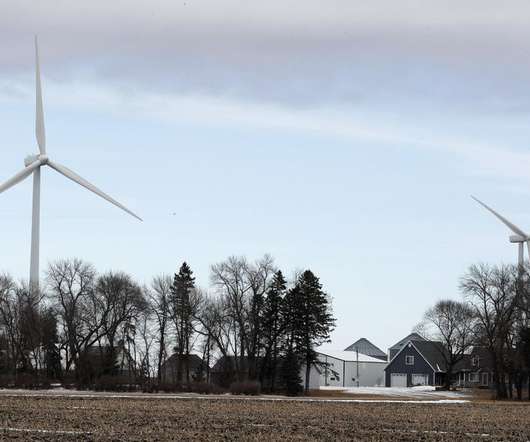Updated NETL study provides more detailed economic and environmental assessment of coal-to-liquids and CTL with modest biomass
Green Car Congress
MAY 15, 2012
The National Energy Technology Laboratory (NETL) has released a follow-on study to its 2009 evaluation of the economic and environmental performance of Coal-to-Liquids (CTL) and CTL with modest amounts of biomass mixed in (15% by weight) for the production of zero-sulfure diesel fuel. This equates to diesel prices in the range of $2.70




































Let's personalize your content